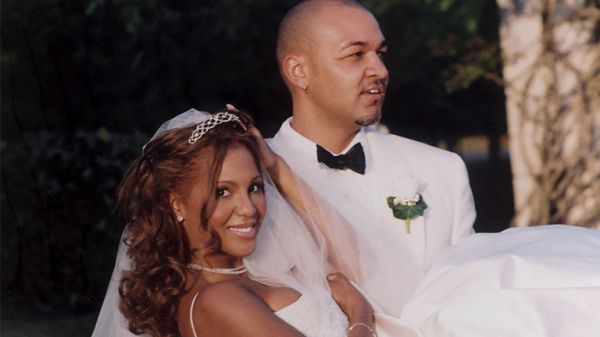Without D'Angelo, There Is No Neo-Soul Revolution
Without D’Angelo, There Is No Neo-Soul Revolution
Before I was a columnist, I was (and still am) a spoken word artist. Before that, music was (and still is) my life, my love, my everything.
And all the while, D’Angelo was there.
On Tuesday, it was announced that D’Angelo, born Michael Eugene Archer, died at the age of 51 after a private battle with cancer. As we mourn his death, we must remember to celebrate his life, as well as the life his music gave us, and the new life it gave the world of R&B.
D’Angelo was undoubtedly a pioneer of the Neo-Soul revolution. In fact, I would argue he’s the subgenre’s chief architect. I used to argue it was Erykah Badu until I realized Brown Sugar came out two years before Baduizm.
In fact, let’s talk about Brown Sugar for a second.
R&B went through somewhat of a personality change after the ’70s, when record labels like Motown, Chess, and Stax fizzled out, and the soulful sounds of Marvin Gaye, The Temptations, Jackson 5, Bill Withers, Aretha Franklin, Diana Ross and The Supremes, Heatwave, and Etta James were seemingly replaced by disco, synthpop, and other forms of electronic music. Then the mid-late ’80s and early ’90s gave us the New Jack Swing era, when R&B and hip-hop met, shook hands, and eventually got married, birthing acts like Teddy Riley, Keith Sweat, New Edition, Boyz II Men, and music powerhouses like Jimmy Jam and Terry Lewis. This was the era I came up in. This was the sound that introduced me to R&B and was my first love, even before hip-hop.
But it was still missing something — some intangible, abstract musical element my adolescent mind didn’t have the tools to identify, much less articulate. What made groups like Jodeci, Mary J. Blige, and TLC that much different than the music my parents were making me do chores to on Saturday morning? Where was the bridge between my music and their music?
I’m not necessarily saying D’Angelo was definitively that bridge — not while Luther Vandross is right there — but it was the release of his 1995 album and hit single, “Brown Sugar,” that caused the proverbial light bulb in my head to light up and shout, “THAT’S IT,” like when Lucy finally got Schroeder to play the right version of “Jingle Bells” in A Charlie Brown Christmas.
“Brown Sugar” is one of those songs where the intro alone just takes you to a certain place. Is it jazz? Is it funk? Is it rhythm and blues? How is D’Angelo just as much Marvin Gaye as he is LL Cool J?
Honestly, I’m still not sure if I’m explaining D’Angelo’s sound right. His death might still have me too flustered to find the words.
All I know is Brown Sugar was swiftly followed up by Maxwell’s Urban Hang Suite (1996), and then Badu’s Baduizm (1997). He paved the way for Anthony Hamilton, Jill Scott, Angie Stone, and Alicia Keys. Neo Soul is the subgenre of R&B that I credit with truly fostering my appreciation and eventual love for the aforementioned sounds of the ’50s, ’60s, and ’70s. I still go back and forth on whether I love his cover of Smokey Robinson’s “Cruisin'” more or less than the original.
And don’t even get me started on D’Angelo’s sophomore album, Voodoo, and its hit single, “Untitled (How Does It Feel),” which had all of the most macho, aggressively heterosexual men in our circles fronting like nekked D’Angelo wasn’t a vibe.
When I first entered the world of spoken word, sometime in the mid-2000s, and I was exploring the city of Atlanta for new poetry venues to share my work, I almost always knew I was in the right place because some D’Angelo song was playing over the loudspeaker. Why was it always D’Angelo? Who knows. Maybe it was the fact that his live album, Live at the Jazz Cafe (1998), pretty much exemplified the vibe most poetry venues were going for and made poets feel like they were on the set of Love Jones.
D’Angelo was poetry. He was R&B. He was jazz. He was Hip-Hop. He was the culmination of decades of Black music and the manifestation of it being re-explored and reinvented.
He will be missed, but his music won’t, because it will never leave us. His innovation and impact were just that great and undeniable.
Rest well, D’Angelo, and know your contributions to music and art will immortalize you.
SEE ALSO:
A List Of Angie Stone’s Top-Charting Hits
Remembering Angie Stone & Her Pioneering Hip-Hop Roots
Without D’Angelo, There Is No Neo-Soul Revolution was originally published on newsone.com






